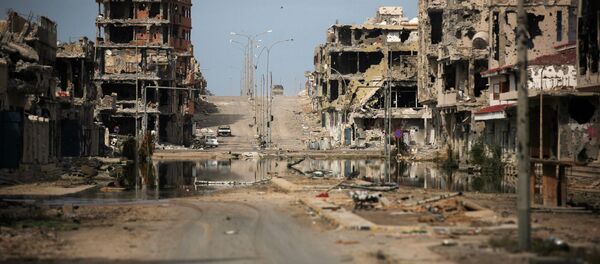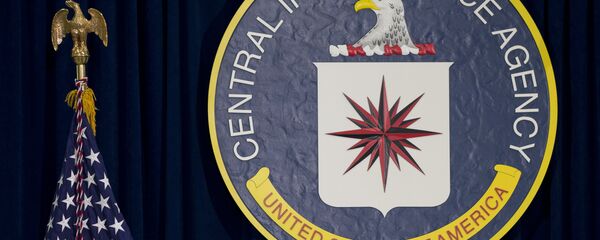Russ Baker, editor in chief of WhoWhatWhy news, covered Libya at the time of the 2011 NATO bombing. Speaking to Radio Sputnik's Loud and Clear, he explains that there's plenty of evidence the intervention was all about the money from the beginning.
"Gaddafi was one of the few leaders in the Arab world that really was independent…He not only was encouraging all of the Arab countries to try to work together to generate political power on the world scene, but he also [encouraged] African countries…to take full ownership of their own natural wealth," Baker tells host Brian Becker.
"All of this had bankers and oil companies shaking in their boots, because this man was seen almost like another Castro…going his own way and encouraging others to do so. This was a terrifying prospect for these corporations."
According to Baker, the intervention into Libya by the US and its allies had little to do with human rights and was in fact driven by an alliance between big governments and big corporations.
The Libyan government, which was "forced to accept responsibility" for the deadly bombing of Pan Am flight 103 over Lockerbie and pay out tremendous reparations, welcomed deals with financial giants like Goldman Sachs in hopes it could recoup the money lost from the sanctions.
But in 2007, Goldman Sachs convinced inexperienced people running LIA — mostly hired through cronyism — to take highly risky investments.
"They lost 98 percent of the money. [Goldman Sachs] put them into incredibly risky things, and it's very confusing, because they seem to have managed to lose the money even before the global economy really went south," Baker said.
White House fingerprints are all over the case, Baker asserted, given the clear alliance between the government and Goldman Sachs, which came to light again during the 2016 presidential elections in the US.
Recalling Clinton's expensive speeches to Goldman Sachs, he concluded that "this kind of thing is borderline criminal.



